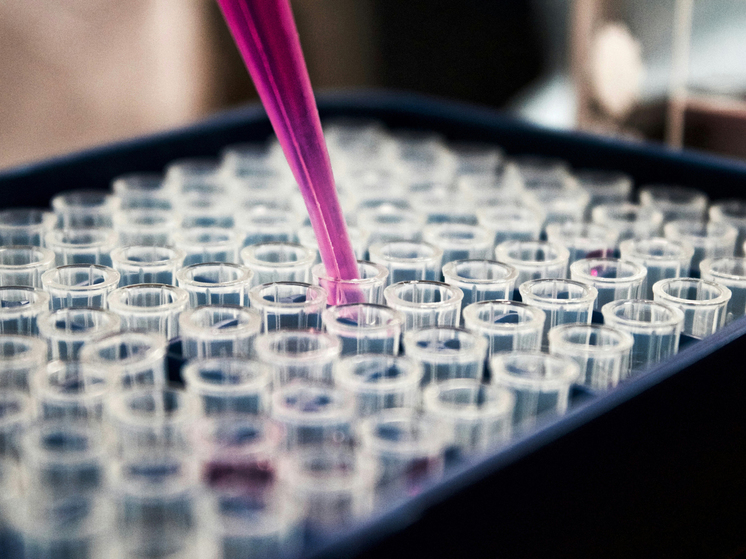Scientists are trying to understand how cancer cells expand their genome
Researchers at Johns Hopkins Medical Center have identified a molecular pathway in human cells that offers promising new prospects in the fight against cancer. This discovery may help explain how cancer cells manage to excessively duplicate their genome without dividing.
 Photo: unsplash.com
Photo: unsplash.com
Under normal conditions, human cells divide in an orderly manner. They first copy their genome, then split the copies and distribute the genetic material into two daughter cells. However, cancer cells can temporarily double the number of their chromosomes — a phenomenon that has so far been poorly understood.
When cells are exposed to stress, such as drugs or ultraviolet radiation, they can enter a resting phase. This process, designed to prevent damaged cells from dividing, can sometimes fail. Some stressed cells may try to recopy their genome, increasing the risk of developing cancer.
The team led by Sergi Regot studied lung tissue cells that divide rapidly, allowing detailed observations of the cell cycle. The researchers used fluorescent biosensors to label cyclin-dependent kinases (CDKs), which are essential for cell cycle regulation.
Scientists found that under stress, the activity of the enzymes CDK4 and CDK6 decreases, followed by a decrease in the activity of CDK2, leading to premature activation APC protein complex, which is normally active during mitosis. This disruption causes some cells to exit the resting phase and recopy their genome without dividing.
By combining DNA-damaging agents with CDK inhibitors, it will be possible to induce abnormal genome duplication in cancer cells, which will treatment is more effective. In addition, blocking premature APC activation may prevent tumor progression.























































Свежие комментарии